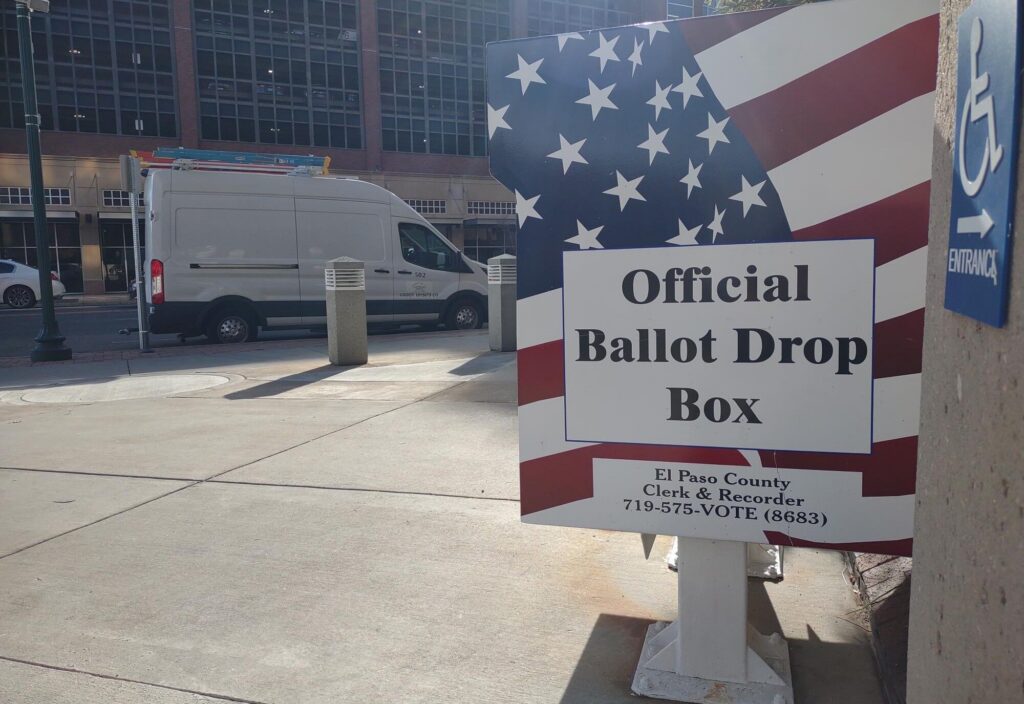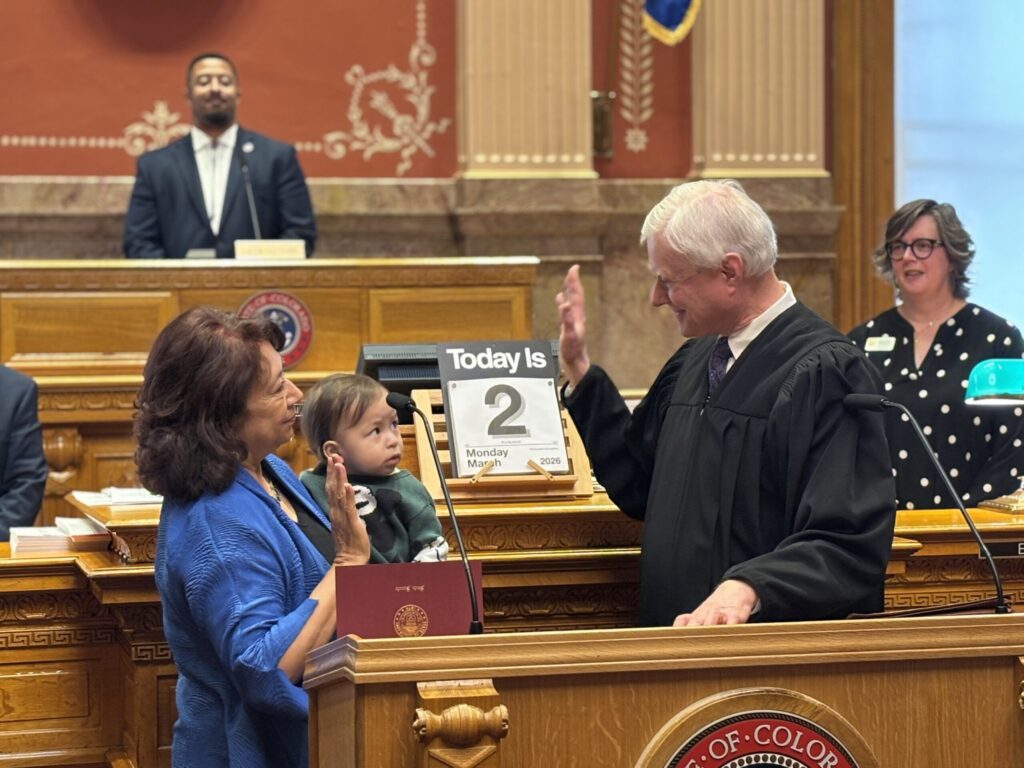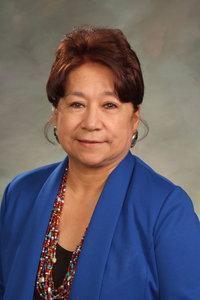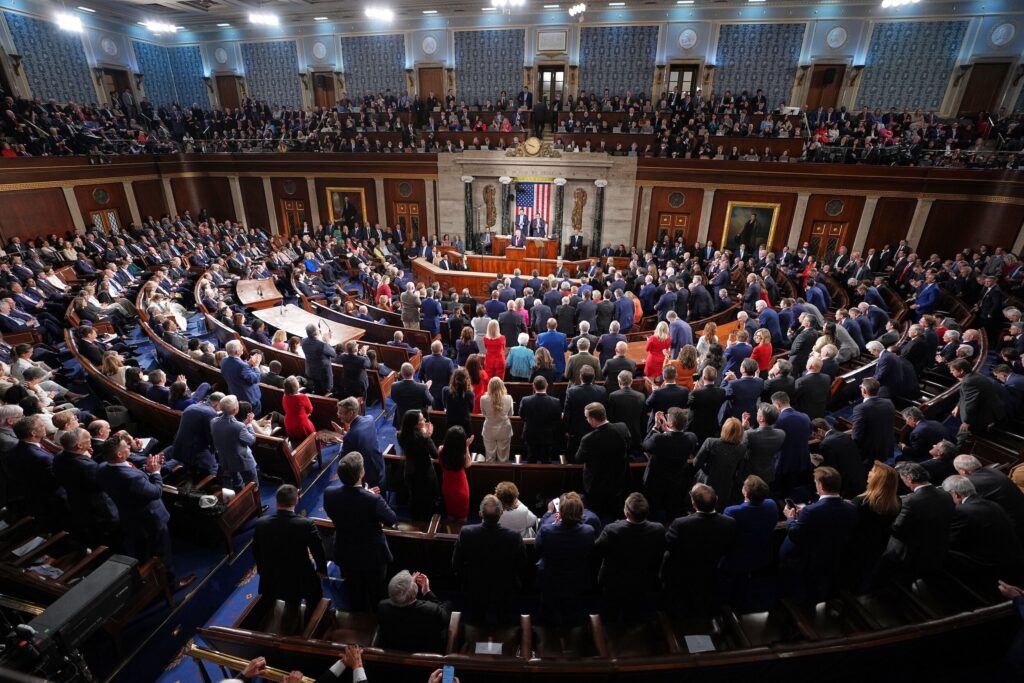Advance Colorado’s Michael Fields is ‘very encouraged’ by election results
With three citizen initiatives on the ballot this election and two more that were withdrawn following a special legislative session over the summer, Advance Colorado has had a busy year.
The organization, which describes itself as “focused on reversing radical policies that are harming the state and restoring common sense values and principles in Colorado,” is led by Michael Fields, a Parker resident who formerly served as executive director of Colorado Rising Action and as state director for the Colorado Branch of Americans for Prosperity.
Colorado Politics spoke with Fields about the organization’s successes and setbacks in the election, and what is on the horizon for 2026.
Two of Advance Colorado’s three ballot initiatives, Proposition 128 and Proposition 130, were approved by voters, receiving 62% and 52% of the vote, respectively. Proposition 130 increases the time served requirement for individuals convicted of certain violent crimes to be eligible for parole, while Proposition 130 creates a state fund for law enforcement training and support, as well as a $1 million death benefit for the families of law enforcement officers, firefighters, and first responders killed in the line of duty.
The statewide success of the two measures says public safety is a bipartisan issue — and one that is very much on Coloradans’ minds, according to Fields.
“Everybody’s aware that safety is an issue in Colorado,” he said. “There’s been two recent studies that came out that had us at third worst or seventh worst in terms of most dangerous states. Even the governor has acknowledged it and said we need to be in the top 10 because we’re not. So, I think people were very much open to supporting law enforcement holding violent criminals accountable.”
Just a day after the election, Officer Evan Dunn of the Golden Police Department was killed by an impaired driver while responding to a crash. Fields contends that his wife should be eligible for the death benefit stipulated by Proposition 130, even though the initiative has not yet been officially certified by the governor.
“What we’re arguing is just saying, ‘Look, this happened the day after the vote,” he said. “The wife of this fallen officer should get this money. I do think that legislators and the governor will figure that out, and I think it just shows how relevant the death benefit is. That literally the next day this happened.”
Advance Colorado was also behind a pair of property tax ballot initiatives that would have seen deeper tax cuts than the bipartisan property tax bill passed during the 2024 legislative session.
Worries about the ballot measures passing — and their effect on revenue and spending — prompted Gov. Jared Polis to convene a special legislative session in August, when a new property tax deal was struck between Advance Colorado, Colorado Concern, the governor and lawmakers. The deal meant removing the initiatives from the ballot.
Fields described the property tax deal as “probably our biggest success of the year,” adding that it illustrates the impact citizen initiatives can have in affecting state policy.
“I think this is kind of the new check and balance in Colorado given the fact that we have single-party rule,” he said, referring to Democrats’ control of the House, the Senate and the governor’s office.
“This is really coming from the people,” Fields said. “We can’t do anything without people signing it and supporting. It’s not like we have any seats or power by ourselves. It’s all what the people will do and what they want.”
He added: “We didn’t go into it saying, ‘Hey, we’re gonna force them to call a special session.’ We were going to move forward with these measures and they were worried they were gonna pass, so it ended up being a deal that was made out of it. But we have no problem, obviously, going to voters and asking directly if the legislature’s not going to step up and do it. I definitely think that there’s a bunch of stuff that the legislature won’t do that’s good for Colorado that people will support and that we can step in and fill that void.”
Advance Colorado’s third ballot initiative, Amendment 80, would have enshrined the right to school choice in the state constitution. The amendment received just over 49% of the vote, but since it was a proposed constitutional amendment, it needed 55% to pass. Fields attributed the defeat to being outspent by the teachers’ unions, which, he insisted, inaccurately warned voters that the amendment could lead to private school vouchers.
Despite the loss, Fields is optimistic about the future of school choice in Colorado, saying he thinks Amendment 80 “set the groundwork” to bring a similar initiative back in 2026.
“I think there’s definitely lessons there, but we’re still happy that we got almost a majority support of this measure and obviously if we bring it back, we’re just gonna need more resources to educate people,” he said. “Think about TABOR, for example. In Colorado, it took three times in order to pass it.”
Fields said Advance Colorado is already brainstorming ideas for the next round of ballot initiatives, with potential focuses on issues related to property taxes, public safety, education, and fentanyl. While those discussions will take shape in the coming months, he and his team are still analyzing election results and trying to figure out what they can do differently next time, he said.
“We’re very encouraged by the results,” he said. “We look at this as winning four out of five with the two that we took of and got those wins, so we think there’s a good path forward for the type of work that we’re doing.”

















